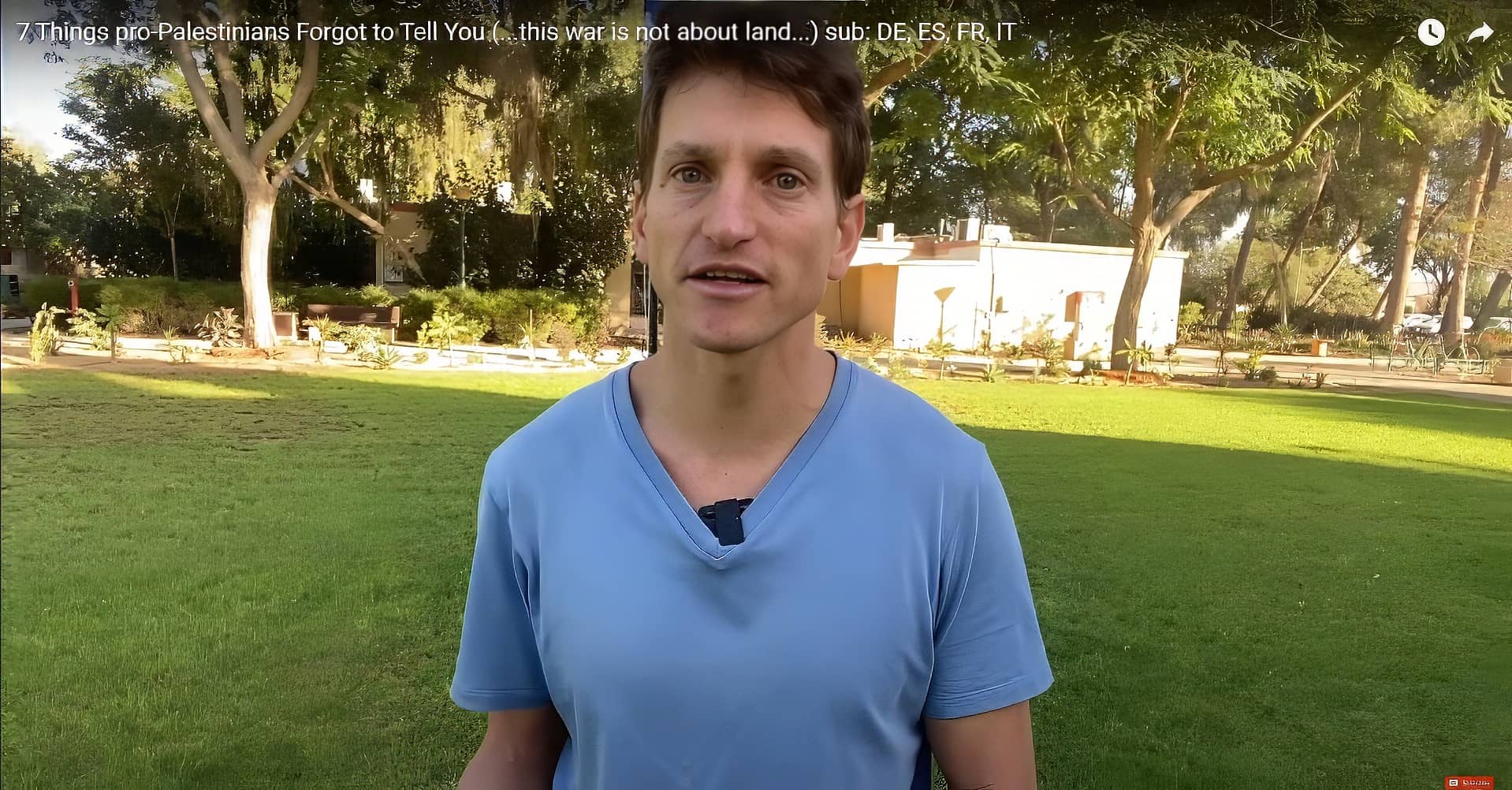In the midst of the ongoing Israel-Gaza conflict, it’s crucial to understand the complexities and often overlooked aspects of this long-standing issue. Let’s dive into some key points that shed light on the situation and challenge common misconceptions.
The Elusive Two-State Solution
The idea of dividing the land between Jews and Arabs has been proposed multiple times throughout history. From the British proposal in 1937 to the American-led initiatives in 2003 and 2008, various attempts have been made to create two separate states. Surprisingly, while Israel has shown a willingness to compromise, the Palestinian side has consistently rejected these proposals.
The Broader Implications
It’s easy to dismiss this conflict as a localized religious dispute, but the reality is far more complex. The ideologies driving groups like Hamas, ISIS, and Hezbollah extend beyond the borders of Israel and Palestine. Their vision of a Muslim world encompasses territories far beyond the Middle East, including parts of Europe and even North America.
The Refugee Conundrum
The Palestinian refugee situation is unique in its longevity and approach. Unlike other refugee crises worldwide, Palestinian refugees can pass their status down through generations. This has led to a significant increase in the number of Palestinian refugees over time, diverting resources from other global refugee crises.
Debunking the Ethnic Cleansing Myth
Contrary to accusations of ethnic cleansing against Israel, demographic data tells a different story. The Arab population in Israel has grown significantly since 1948, from 160,000 to 2 million. In contrast, Jewish populations in neighboring Arab countries have dwindled to near extinction over the same period.
The Paradox of Progressive Support
It’s perplexing to see self-proclaimed progressives aligning with Hamas, given the group’s stance on issues like LGBTQ+ rights. Hamas’s treatment of gay individuals and their opposition to progressive ideals stand in stark contrast to the values these supporters claim to uphold.
Gaza: Beyond the “Prison” Narrative
The portrayal of Gaza as the world’s largest prison camp oversimplifies a complex situation. Gaza shares borders with both Israel and Egypt, and Israel continues to provide essential resources like water and electricity, despite Hamas’s stated goal of destroying Israel.
The Role of the Palestinian Agency
A crucial point often overlooked is the responsibility of the Palestinian people in Gaza for their current situation. With a reported 65% support for Hamas, it’s important to recognize that the choices made by the population have consequences. The focus on terror instead of development has led to the current state of affairs in Gaza.
Contrasting Constitutions
To truly understand the core of this conflict, it’s enlightening to compare the foundational documents of both sides. Israel’s Declaration of Independence emphasizes peace, equality, and freedom for all inhabitants. In contrast, the Hamas constitution calls for the obliteration of Israel and promotes jihad, death and killing as the only solution.
This conflict is not merely about land; it’s a clash of values and visions for the future. As we navigate through the complexities of this issue, it’s crucial to look beyond surface-level narratives and consider the deeper implications for both the region and the world at large.




